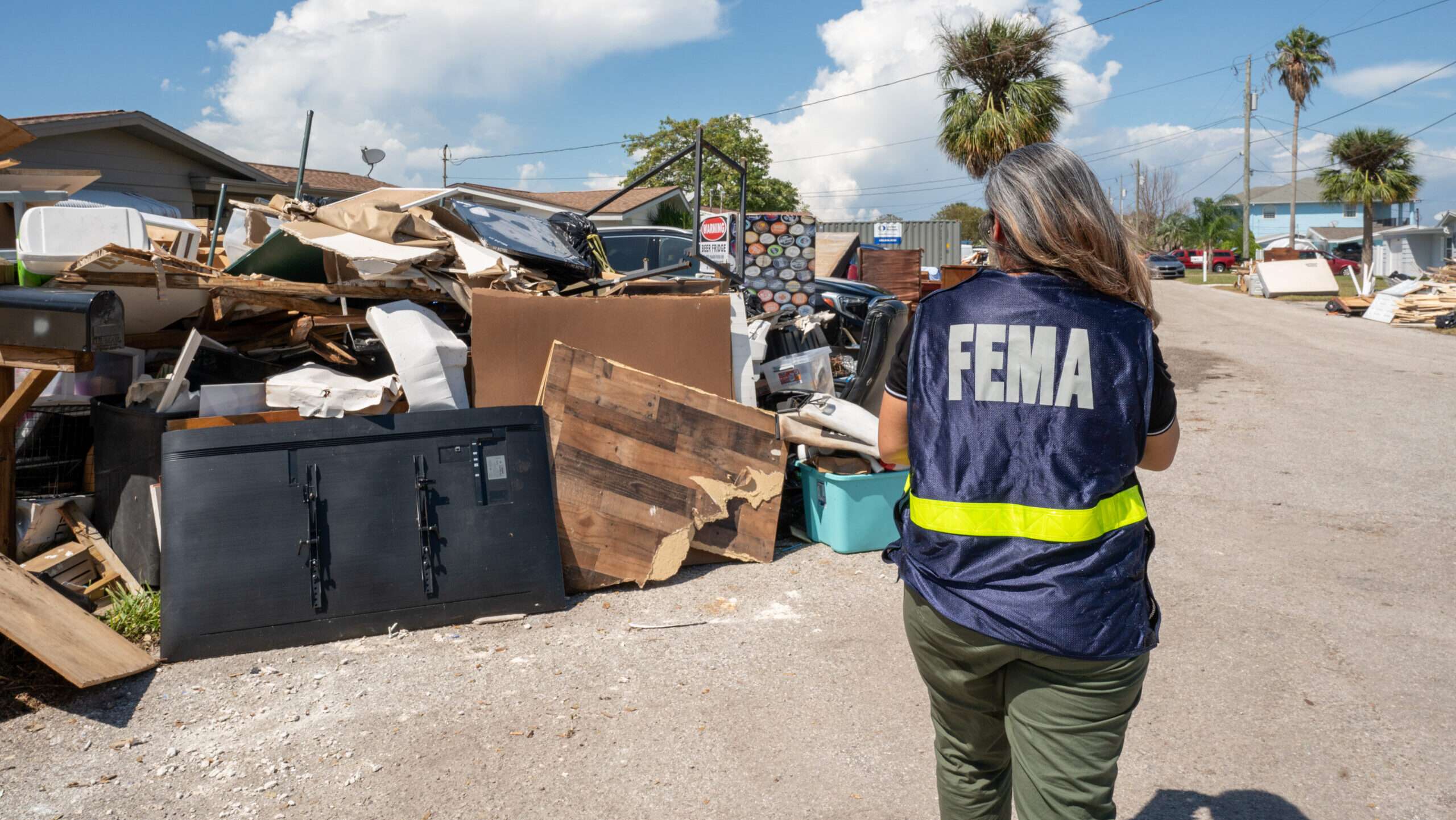What to Expect When FEMA Purchases Your Home
The 2023 hurricane season has proven particularly devastating, with Hurricanes Helene and Milton causing severe damage across many communities in the southeast. The extensive property damage and loss of life are part of a troubling trend: storms causing over a billion dollars in damages are happening with alarming frequency. This constant cycle of destruction raises the pressing issue of how to handle properties in storm-prone areas. In response, some local governments, with federal support from agencies like the Department of Housing and Urban Development (HUD) and FEMA, are exploring property buyout programs as a potential solution to mitigate future disasters. The idea hinges on purchasing vulnerable homes, thereby keeping them unoccupied, which could ultimately lead to financial savings by avoiding repeated rebuilding costs after storm damage.
While voluntary buyout programs have been implemented successfully across more than a thousand counties, resulting in the relocation of nearly 50,000 households, challenges persist. These programs aim to offer financial incentives high enough to attract homeowners willing to sell, thus reducing the risks posed by such properties. However, there are alarming reports of inconsistencies and abuse within the disaster relief framework. An investigation by NPR uncovered incidents where HUD was simultaneously selling homes in flood-prone areas while also purchasing others through flood mitigation efforts, highlighting a lack of coordinated strategy in disaster recovery. Though voluntary buyouts show promise, they alone may not suffice to address the broader challenges posed by escalating natural catastrophes.
Complications arise when buyouts transition from voluntary to mandatory. The Hazard Mitigation and Relocation Assistance Act of 1993 allows local governments to impose compulsory buyout programs in flood-prone regions. To date, only three localities—Cedar Rapids in Iowa, Minot in North Dakota, and Harris County in Texas—have adopted such measures. Harris County’s program stands out as the largest, with plans to forcibly acquire 585 households and 390 businesses by 2026, converting the land into green space. This shift raises serious ethical concerns about eminent domain usage and the fairness of forced relocations, particularly as many municipalities have been hesitant to employ such powers due to potential backlash and accusations of inequity.
Discrimination issues have also surfaced, particularly in Harris County, where the mandatory buyout program disproportionately impacted majority-Hispanic neighborhoods. Homeowners in these areas have raised concerns about being treated less favorably than those in predominantly white neighborhoods. The potential for such inequities underlines the need for careful scrutiny of mandatory buyout programs and their implications for community dynamics. A more balanced approach that takes into account both economic considerations and social justice is necessary to avoid further marginalizing vulnerable populations during disaster recovery efforts.
In light of these challenges, experts suggest that governments should prioritize different strategies for flood risk mitigation, rather than resorting to mandatory buyouts. Policies that discourage development in high-risk areas—such as eliminating below-market flood insurance and increasing public awareness about flood risks—could promote safer community planning. Additionally, investing in resilience measures could prove far more beneficial. Research indicates that for every dollar spent on resiliency, there is the potential to save up to thirteen dollars in future disaster losses, illustrating the long-term financial viability of such approaches compared to costly buyout programs.
Finally, beyond the financial aspects, the question of values in American society comes to the forefront. As a nation rooted in the principles of liberty and property rights, forced relocation poses a troubling moral dilemma. While it is crucial to protect citizens and minimize the fiscal burden on taxpayers, policymakers must tread carefully to avoid infringing on individual rights. A balance must be struck between ensuring public safety and respecting the autonomy and livelihoods of homeowners. A collaborative approach that empowers communities to make informed decisions about their properties may offer a more ethical and effective path forward amidst the challenges of climate change and increasing natural disasters.
Share this content:












Post Comment